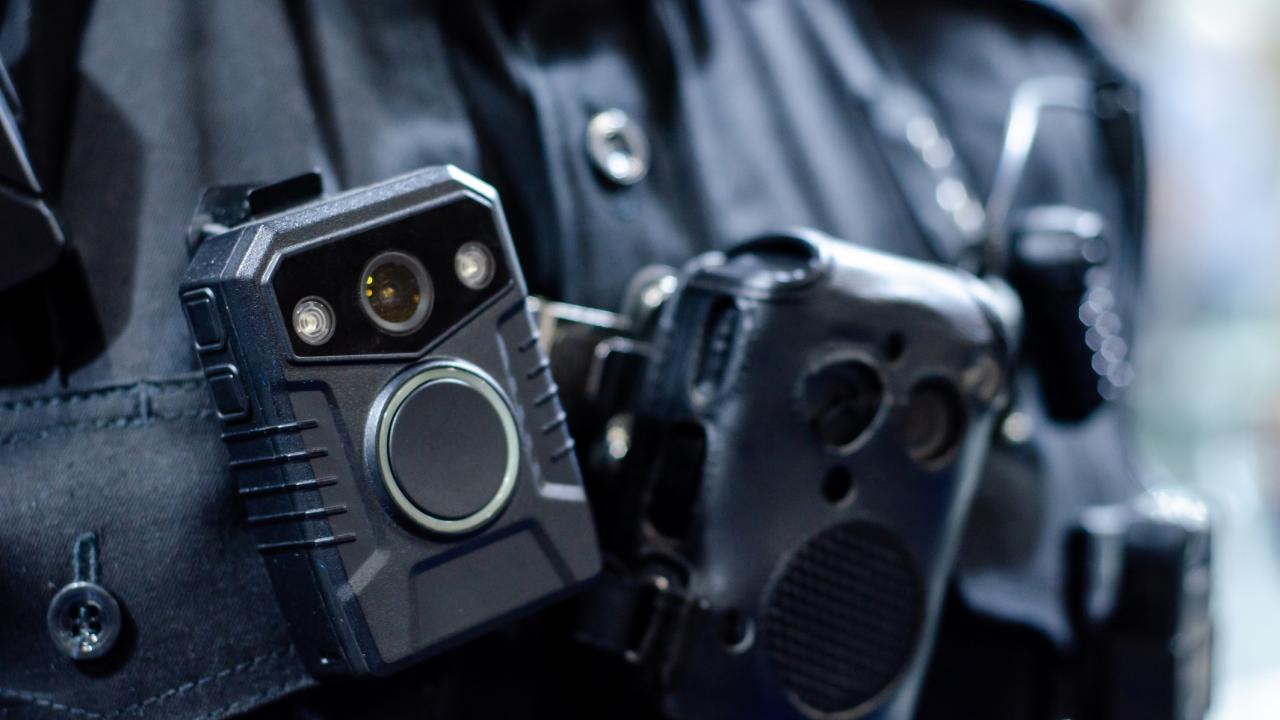Facial recognition, body cameras and other digital technologies are increasingly used by police departments, municipalities and even gated communities, but these tools manufactured by private companies raise the specter of unchecked surveillance, a University of California, Davis, researcher, suggests.
“These tools raise concerns about a lack of balance between police, who need tools to do their jobs, and the rights of individuals to privacy,” said Elizabeth Joh, professor of law at UC Davis and author of a new article scheduled to be published Friday in the journal Science.
Joh points out in the article that private companies making millions of dollars on these tools are effectively shielded from appropriate public scrutiny. Further, she recommends that state- and national-level legislation be implemented to regulate the use of such equipment.

The article, “The corporate shadow in democratic policing: Technology companies can elude accountability,” appears in a special policy section of the journal.
“Communities and individuals subjected to these policing technologies deserve transparency about how their police use these tools, whether there are potential flaws, and of course, whether these tools are worth using at all,” she said. “And although companies do have justifiable concerns about their intellectual property, invocations of proprietary information cannot become an all-purpose shield against public accountability when their customers are police departments.”
Most of the forms of automation technology in policing, observed Joh, are developed by private companies, raising concerns that the companies are becoming defacto policymakers, she said.
The surveillance tools, she added, could have flaws that cause doubts about how individual defendants in a criminal case are identified, raising concerns about whether the defendant’s rights were violated.
“When it comes to new investigative methods used by police departments, local communities may be concerned that a proposed approach may have racially discriminatory impacts, may be flawed in design or in execution, or may simply be unjustified given its cost balanced against limited public resources,” she said in the article.
Use of these tools will only increase, Joh predicts, making it imperative that there be some oversight of their use to allow for public accountability and transparency.
Recent nationally known police incidents in which cameras were used, such as the death of George Floyd, “were not calls for technological tools,” Joh said in the article. “If anything, this national attention to policing reminds us that policing remains a social institution.”
Media Resources
Media Contact:
- Karen Nikos-Rose, News and Media Relations, 530-219-5472, kmnikos@ucdavis.edu
Related:
